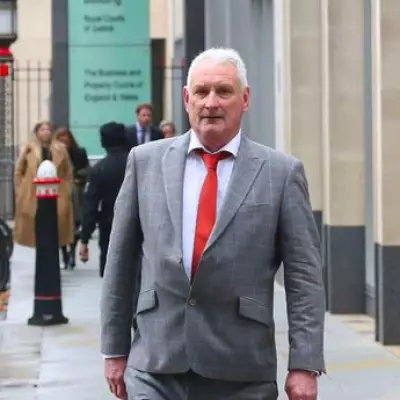
Florida has carried out the execution of Edward Zakrzewski, a 60-year-old man convicted of the brutal 1996 murder of his business partner. The lethal injection was administered at Florida State Prison, bringing an end to a case that has spanned nearly three decades.
Zakrzewski was found guilty of killing Robert Dunham, his business associate, in what prosecutors described as a cold-blooded act of greed. The crime, which involved shooting Dunham multiple times before disposing of his body in a remote area, shocked the local community at the time.
The Crime and Trial
According to court records, Zakrzewski and Dunham had been embroiled in a financial dispute prior to the murder. Prosecutors argued that Zakrzewski saw murder as the easiest way to resolve their business disagreements. Despite maintaining his innocence throughout the trial, a jury unanimously recommended the death penalty in 1998.
Final Hours and Execution
In his final statement, Zakrzewski expressed remorse but continued to deny direct responsibility for Dunham's death. His last meal consisted of a hamburger, fries, and a soft drink - a simple request granted by prison authorities.
The execution proceeded without complications, though it reignited debates about Florida's use of capital punishment. This marks the state's third execution this year, following a temporary pause during the COVID-19 pandemic.
Ongoing Death Penalty Debate
Florida remains one of the most active states in carrying out executions, with 102 inmates currently on death row. Critics argue that the system is flawed, pointing to cases where condemned prisoners were later exonerated. Supporters maintain that capital punishment serves justice for the most heinous crimes.
As the curtain falls on this decades-old case, questions about the morality and efficacy of the death penalty continue to divide legal experts and the public alike.





